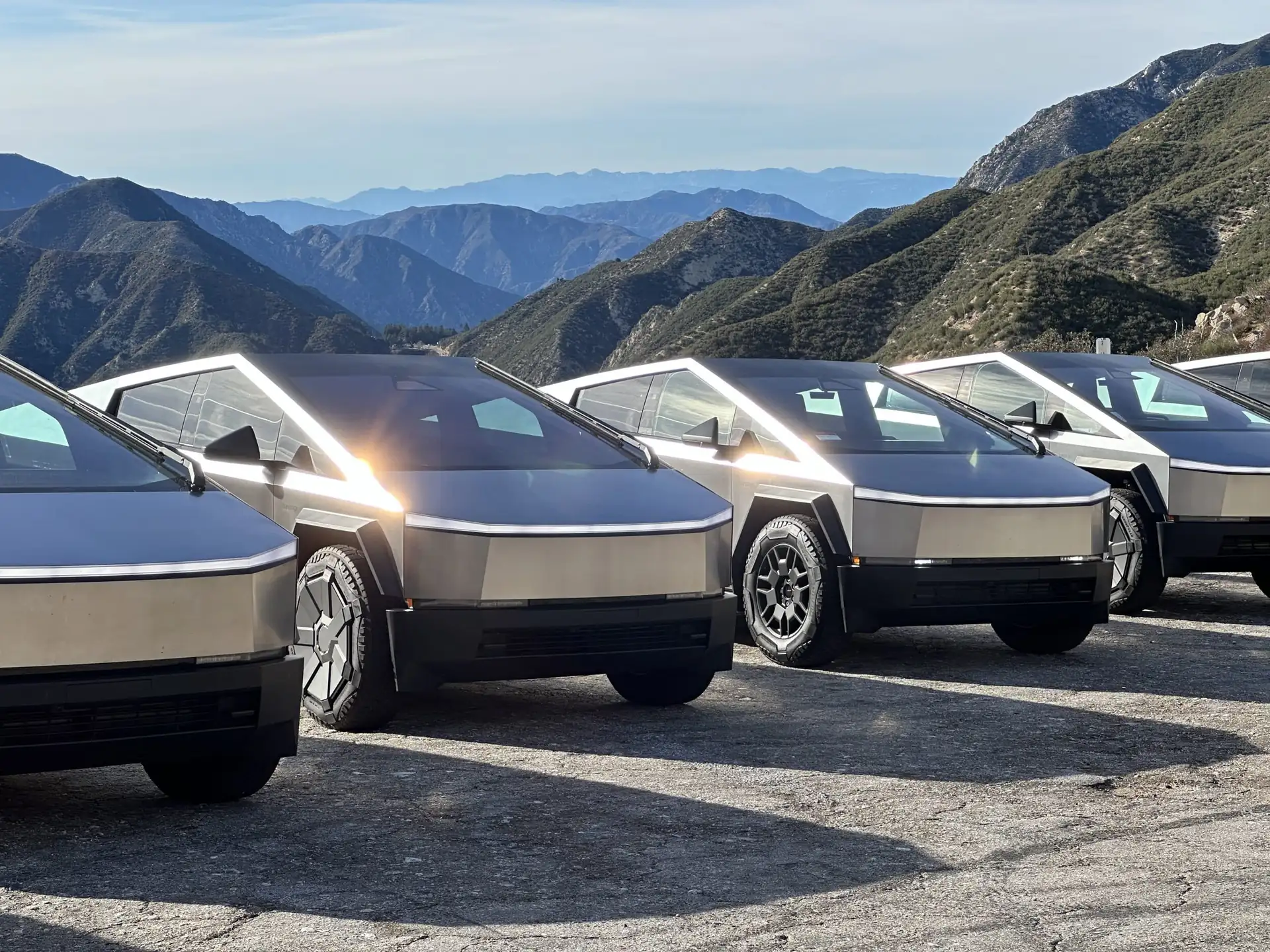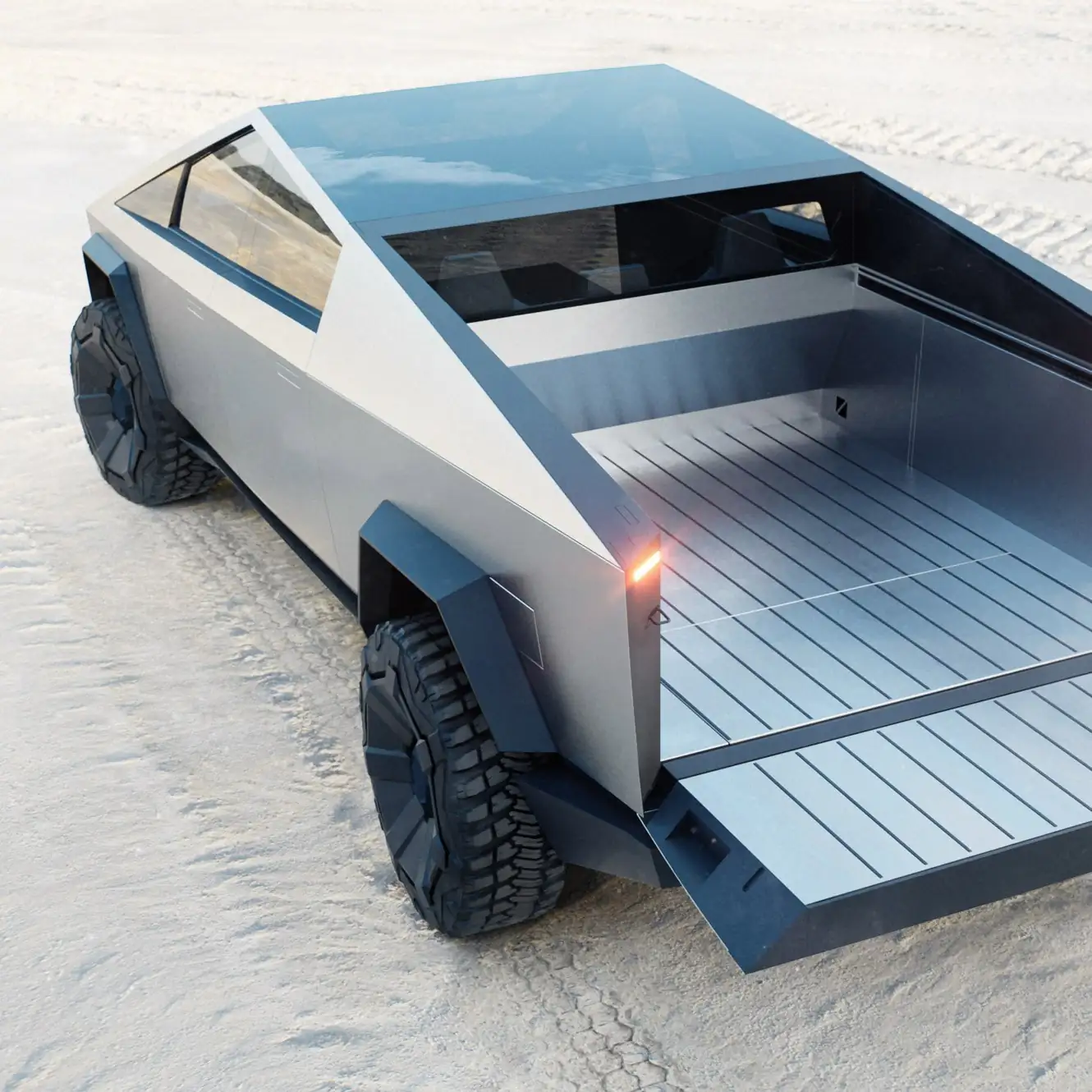Ever wondered how much it costs to fast-charge your Tesla Cybertruck? You’re not alone. With the Cybertruck’s futuristic design and impressive performance, one of the most common questions among EV enthusiasts is: How much will it cost me to power this beast on the go? Let’s break it all down in plain English.
Why Fast Charging Matters for the Tesla Cybertruck

The Tesla Cybertruck isn’t just another electric vehicle. It’s a powerhouse on wheels, boasting:
- A cutting-edge 800-volt battery system—Tesla’s first!
- Support for ultra-fast charging rates up to 250 kW (and potentially higher with compatible chargers).
- A massive battery capacity, estimated to be around 123 kWh for the top-tier model.
Fast charging is key for road trips and busy schedules. But… convenience comes with a price. So, how much are we talking?
How Much Does It Really Cost to Fast-Charge a Tesla Cybertruck?

Here’s the deal: fast-charging costs depend on a few things, like where you’re charging, electricity rates, and how much juice your battery needs. Let’s break it into bite-sized pieces:
1. Electricity Rates (The Big Variable)
- Charging stations, especially Tesla Superchargers, set their own rates. Most charge $0.34 to $0.50 per kilowatt-hour (kWh) in the U.S.
- Some locations use time-based pricing during peak hours. For instance, charging at 8 PM might cost more than at 3 AM.
2. Battery Size
- The Cybertruck’s large battery means a full charge could cost more compared to smaller EVs. For example, if you’re filling up from empty and paying $0.40/kWh, the math looks like this: 123 kWh x $0.40 = $49.20
3. Charging Efficiency
- Not all energy from the charger makes it into your battery. Charging efficiency is typically around 85-90%, meaning you might need more power than your battery’s capacity to reach 100%.
Example Calculation
Let’s say you’re charging at $0.40/kWh with 90% efficiency. For a full charge:
123 kWh x $0.40 / 0.90 = ~$54.67
So, for a full fast charge, you’re looking at around $50 to $60, depending on the station and efficiency.
Is Fast Charging More Expensive Than Home Charging?
Short answer? Yes. But here’s why:
Home Charging
- U.S. residential electricity averages around $0.16 per kWh. Using this rate: 123 kWh x $0.16 = ~$19.68
- That’s a fraction of fast-charging costs! Plus, many utilities offer off-peak discounts for charging at night.
Fast Charging
- You’re paying for convenience and speed. Superchargers can get you back on the road in 30-45 minutes, while home charging can take several hours.
When to Use Each
- Home charging: Best for daily use and overnight charging.
- Fast charging: Perfect for road trips or when you’re in a pinch.
Hidden Factors That Affect Charging Costs